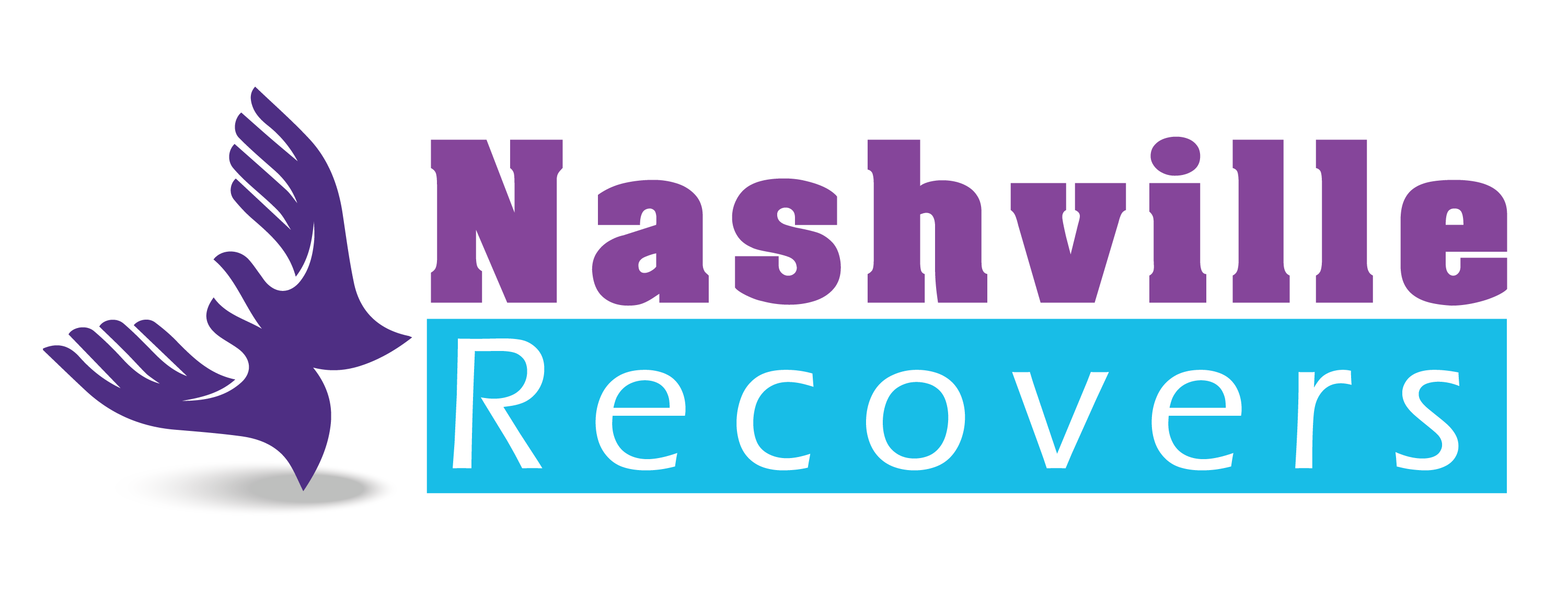Mention “13th stepping” to people in recovery, and we giggle or get uncomfortable really fast.
The phrase refers to guys and girls in recovery hooking up for sex. Take away the drugs and alcohol, and often, especially in early recovery, we are reaching for anything else to change the way we feel.
At a minimum, this is a distraction, taking our attention away from treatment and putting it on that cute girl or cute guy who’s in treatment with us.
What happens when one or the other person suddenly ends that relationship?
At its most dangerous, sexual liaisons in early recovery can trigger all sorts of strong feelings, obsessions and compulsions and self-loathing.
“Having been around so many treatment centers, I know there’s 13th stepping, and that often starts in detox,” says Dr. Samuel A. MacMaster, a professor for the social work graduate school for UT Nashville.
And this is why we’re seeing more and more separation of the genders in treatment. Cumberland Heights ended co-ed groups on campus several years ago.
And there are more and more single-gender treatment centers, like Discovery Place in Burns, Tenn., and Stillwaters in Lobelville, Tenn., for the fellers. For the women, there’s Mending Hearts and Renewal House, both in Nashville.
The latest women-only treatment center is set to open this week or next in Murfreesboro, Tenn.
It’s called Voyage, and it’s designed for young women, 18-35, who come in with other addictions as well. Voyage treats the substance abuse first, but also deals with patients’ struggles with food, relationships, trauma, depression, anxiety and other areas.
 Right now, the 5,000-square-foot house has eight beds (two to a room) – and there will be eight full-time staffers (mostly women) attending to those eight women.
Right now, the 5,000-square-foot house has eight beds (two to a room) – and there will be eight full-time staffers (mostly women) attending to those eight women.
The cost is $19,500 for 30 days, says Patrick Dunn, chief of operations and development.
That’s right around the $21,000 that Cumberland Heights charges, and about half of the average rate charged by The Ranch in Nunnelly, Tenn., which also treats “co-occurring” disorders.
“We’ll target the same population as The Ranch,” well, at least the young women who might go to The Ranch, Dunn says.
“Younger women need, deserve their own population, without distractions, where it’s safe,” he said.
The patients at Voyage also will have at least four individual sessions with therapists a week, where most of the bigger treatment centers have only one, if any, Dunn said.
And Voyage will have a holistic approach that incorporates wellness, physical fitness, art and music therapy, nutrition, horse riding, yoga and “life skills.” The women will learn how to shop for nutritious food and cook their own meals each day, Dunn said.
Shauna Bryan, chief marketing manager and a fitness expert, says, “We feel strongly that when we treat the whole person and address the underlying issues and mental health diagnosis, it gives the client a much better chance at a productive life of recovery, substance free.”
And let’s not forget that the kids these days love technology.
Most treatment centers strip patients of all cell phones, computers, laptops and hand-held devices at check in.
But Voyage will be giving their young women patients iPads so they can keep, electronically, a daily recovery log and have access to other apps and electronic aids to recovery, Bryan said.
More info can be found at http://www.voyagejourneypure.com.
 MacMaster and Dunn, both recovering addicts who have formed the company JourneyPure, also plan to open at 65-bed facility along riverfront property (pictured here) just north of Murfreesboro sometime next year.
MacMaster and Dunn, both recovering addicts who have formed the company JourneyPure, also plan to open at 65-bed facility along riverfront property (pictured here) just north of Murfreesboro sometime next year.
Both genders will be welcomed – in single-gender houses with 10-12 patients each.
The yet-to-be-named treatment center will also be for folks with co-occurring disorders and will also be guided by holistic principles.
More on that later.

Recent Comments